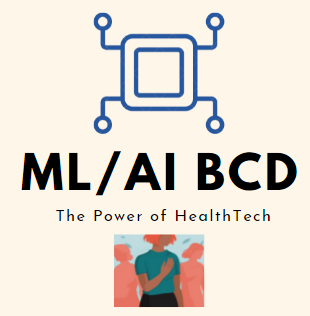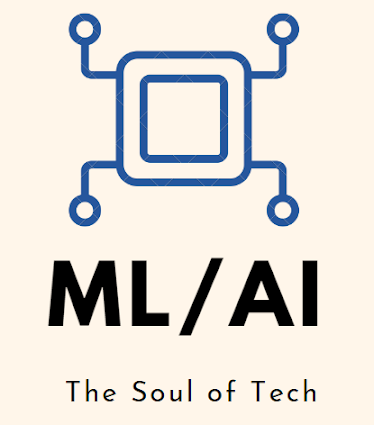Supervised ML/AI Breast Cancer Diagnostics - The Power of HealthTech

Problem Breast cancer (BC) is the uncontrollable growth of malignant cells in the breasts [1]. BC is the most common cancer with the highest mortality rate. The exact cause of breast cancer is unknown, but some women have a higher risk than others. This includes women with a personal or family history of breast cancer and women with certain gene mutations. Since cancer cells can metastasize, or spread to other parts of the body, it’s important to recognize the symptoms of BC early on. The sooner you receive a BC Diagnosis (BCD) and start treatment, the better your outlook [2]. Conventional BCD involves imaging tests to look for BC spread. Imaging tests use x-rays, magnetic fields, sound waves, or radioactive substances to create pictures of the inside of your body. Imaging tests might be done for a number of reasons including [2]: To look at suspicious areas that might be cancer To learn how far cancer might have spread To help determine i...
